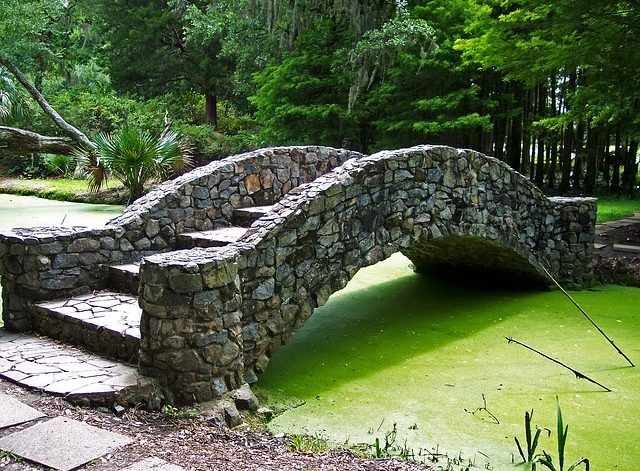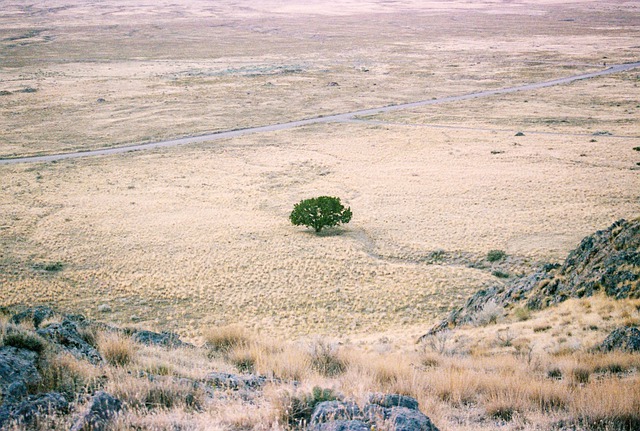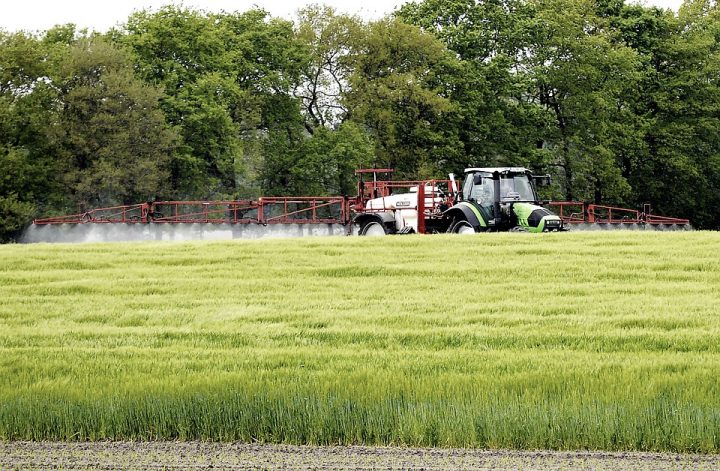INTRODUCTION
Eutrophication: It is defined as a process that results in a dense growth of plants such as algae due to increasing concentration of nutrients in water bodies i.e. lakes, estuaries, etc.
A low concentration of nutrients in a water body is classified as Oligotrophic.
A high concentration of nutrients in a water body is classified as Eutrophication. It is also known as Hypertophication or Dystrophication.
The moderate concentration of nutrients in a water body is classified as Mesotrophic.
What is the process of Eutrophication?
In the eutrophication process, runoff causes the accumulation of nutrients such as nitrogen, phosphorous, and other plant nutrients in the water body. The nutrients-enriched water body encourages the growth of algae. The growing algae require sunlight, carbon dioxide, and few other factors for photosynthesis. Organic matter in the water body breaks down to release nutrients. The algal bloom utilizes oxygen from the water body and results in oxygen-depleted water.
You might also like: 10 Easy Ways To Store And Use Rainwater In Your House
SOURCES OF EUTROPHICATION
There are two sources of eutrophication. Natural sources include atmospheric deposition of nitrogen and weathering of rocks. Human sources include fertilizer runoff from agricultural fields, urban runoff such as sewage, industrial effluents containing nutrients, etc.
CAUSES OF EUTROPHICATION
Eutrophication is caused by two key nutrients are Phosphorous and Nitrogen. The sources of phosphorous in the water body include wastewater from industries and households. The sources of nitrogen in a water body include runoff from farms, agricultural fields, etc. Phosphorous and nitrogen become part of the ecosystem through groundwater, surface water, or air. Commercial fertilizers contain phosphorous, nitrogen, and other nutrients.
EFFECTS OF EUTROPHICATION
Eutrophication shows impacts on marine life. The effects of eutrophication are listed below.
1. Marine Life: Marine life is affected by harmful toxins that are present in the water body due to the eutrophication process. Also read: Marine Pollution – Its Risky Effects on Marine Life & Humans.
2. Human Health: The water is not suitable for human consumption due to the toxic effects of algal bloom. It also causes skin irritation.
3. Limit Recreational Activity: The eutrophication process limits recreational activities.
4. Oxygen Depletion: The algal bloom restricts penetration of sunlight into the deeper layer of the water body as a result the oxygen is depleted.
5. Water Quality Degradation: Water quality is degraded by a dense growth of algae. Suspended particle and inorganic chemicals are also responsible for water quality degradation.
6. Biodiversity Loss: Eutrophication results in biodiversity loss due to habitat destruction. Trout is replaced with carp due to poor water quality. For more info about it: Biodiversity Loss – Causes, Effects, and Solutions.
SOLUTIONS TO EUTROPHICATION
There are a few preventive methods and techniques by which the effects of eutrophication can be reduced.
1. Controlling Non-Point Sources: It is very important to control non-point sources of nutrients or water pollutants that include the discharge of industrial effluents.
2. Avoiding the Application of Fertilizers: Farmers should use substitutes for commercial fertilizers that could be composting. The application of fertilizers should be avoided because they contain key nutrients i.e. N and P.
3. Phytoremediation: This method can be used to remove a high concentration of nutrients in the water. Macrophytes can be used for phytoremediation. For more information, check out: Types of Bioremediation and Their Advantages and Disadvantages.
4. Restoration of Shellfish: One method is to restore shellfish in estuaries. Shellfish filters suspended particles as well as removes nitrogen from the water body.
5. Cultivation of Seaweed: Seaweed uptake nutrients from the water body. Seaweed aquaculture can reduce the impacts of eutrophication.
6. Opting for Biodynamic farming. To know more about it, check out our detailed article on Biodynamic Farming Benefits and Importance for Environment.
CONCLUSION
The marine ecosystem holds great economic importance. Millions of people around the world depend on oceans for their livelihoods. Water pollution that leads to eutrophication eventually threatens aquatic and marine life. Water quality is degraded by the growth of algae. The dense algal bloom is toxic for marine life and human consumption. The preventive measures can provide the solution to eutrophication.
Also check out: The Three Stages of Waste Water Treatment
I hope you all liked this post! Please comment below if you have any suggestions, comments, or feedback! We at #envpk love hearing from our readers! Thanks!





1 Comment
thank you